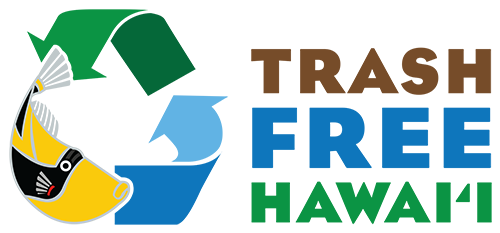The new year is a great time to initiate change, and there are no limits on what you can do! While many resolutions are personal challenges to improve your health, you can also choose one or two resolutions to help the people and places around you. The environment needs our help now more than ever, and there are hundreds of small actions you can take to make an incredible impact for our ‘aina. The key to staying with a New Year’s resolution is choosing something that is simple enough to implement in your busy day-to-day life. The following are a few examples that are sustainable and easy to build into your daily habits—both environmentally and in action.
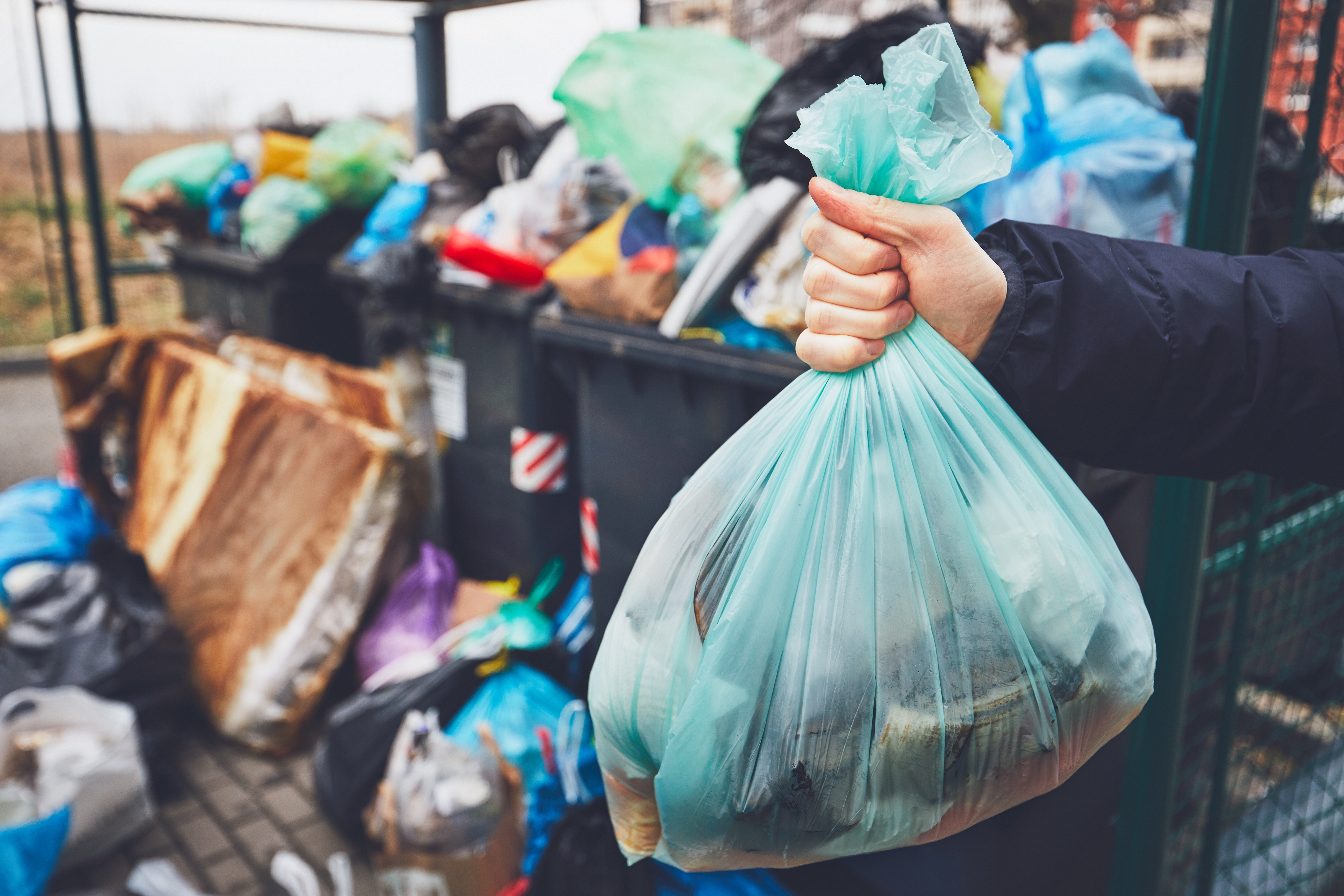
Decrease your waste. There are many easy ways to reduce the amount of trash you produce. Start bringing reusable bags to the grocery store and mall, avoid plastic utensils and containers, buy secondhand items, and shop responsibly. The average American produces approximately 4.9 lbs. of trash per day. Implementing a couple of these practices can reduce your waste by hundreds of pounds each year!
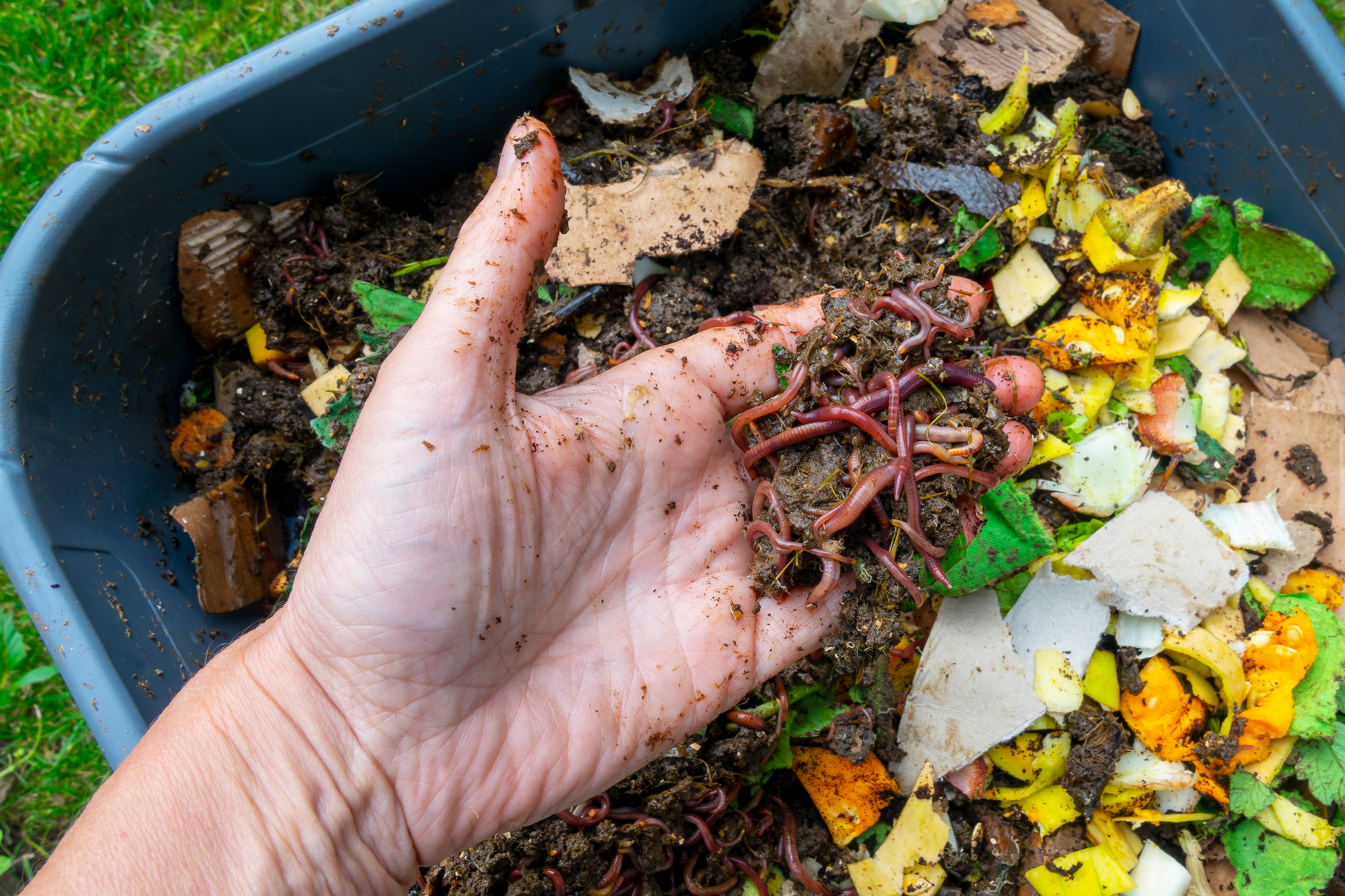
Start composting. Make good use of your leftover produce by creating nutrient-rich fertilizer in a compost bin. Food waste can produce excess greenhouse gasses. These gasses drive climate change, which results in more frequent storms, leading to more runoff and possible brown water advisories. Composting helps to reduce food waste and greenhouse gas emissions that affect climate change. You can purchase a kit from the store or make a simple bin yourself using the instructions from our past blog.
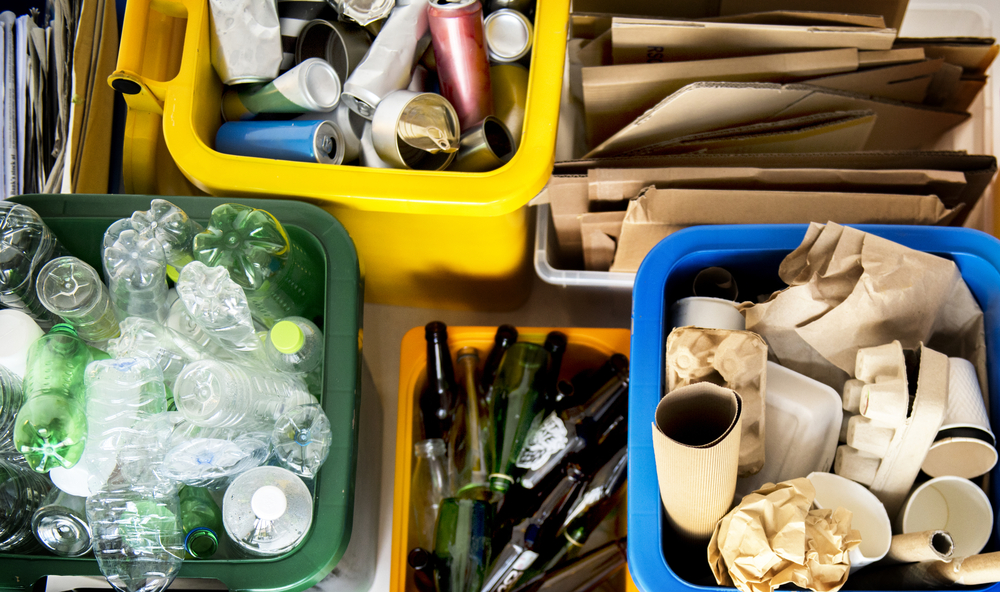
Recycle. It’s as easy as putting your cans, bottles, glass, cardboard, and paper into your blue bin on your region’s designated day of the week. If you’re looking to make a few of your dollars back, consider participating in the Hawaii Deposit Beverage Container Program (HI-5), which is a state-funded program that places a 5¢ redeemable deposit on qualified beverage containers. All you need to do is take your cans and bottles, separated by aluminum, plastic, and glass, to any of the 15 redemption centers across Oahu. They will weigh your recyclables and give you your refund. This is a great way to pocket some money while working twoards a Trash Free Hawaii!
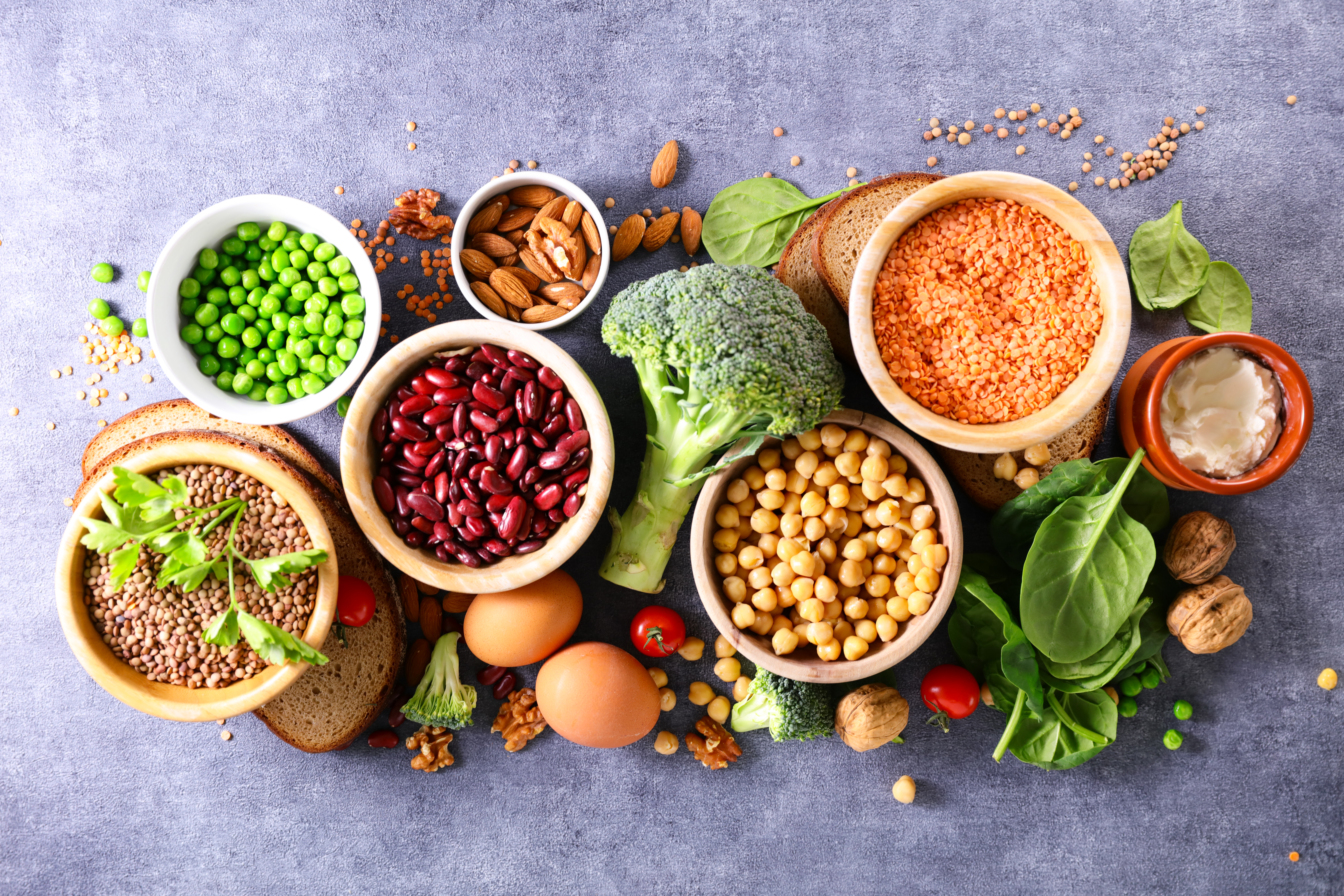
Eat less meat. Intensive, widescale livestock production is detrimental to the environment. In addition to producing more greenhouse gases than all of the vehicles in the world, the livestock industry demands around 30% of Earth’s land surface and 41% of water appropriated for agriculture. Participate in Meatless Mondays, a campaign highlighting the environmental and health benefits of consuming less meat. If you already limit your meat intake, try going a step further and introduce meal planning into your weekly habits!
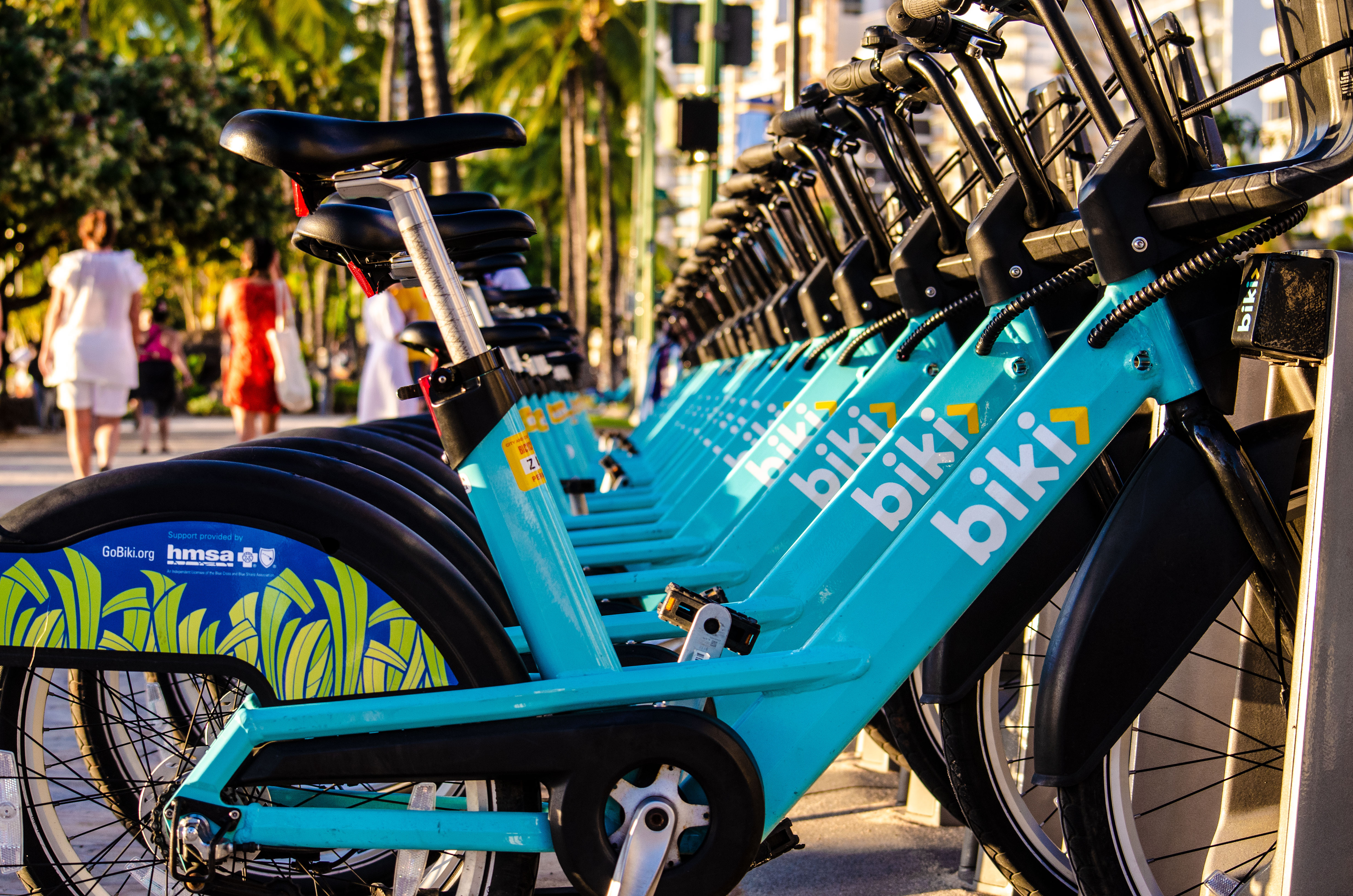
Walk and bike more, drive less. Many vehicles require oil that can end up leaking on our driveways and into our roads. When it rains, residual oil is washed into storm drains that lead directly to the ocean. When you notice a leak, bring your vehicle to a service center to get it repaired. Alternatively, you can fix the leak yourself. If you want to go the extra mile, you can minimize pollution even further by walking, biking, or investing in an electric vehicle.
Sources: Environmental Protection Agency, United Nations Environment Programme, Hawaii Zero Waste, ScienceDirect
